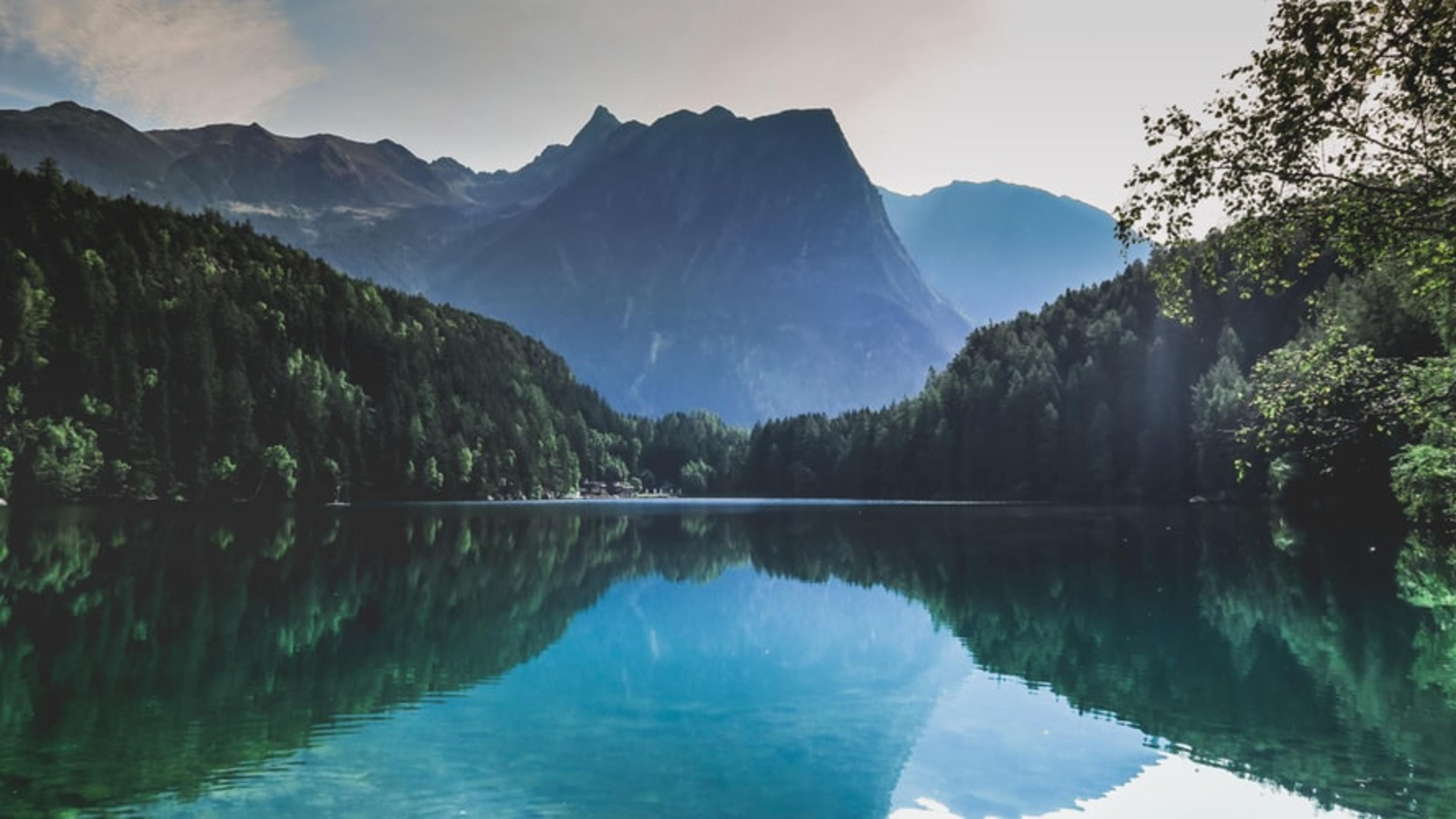Restless? Curious? Adventurous? Perhaps you were born that way.
You may be in the genetic subset of people who just “want to experience another culture.” And they want it bad enough to sell their belongings, pack 2 or twenty suitcases, and move to some other, unknown place.
If this is you, welcome! You are part of a long line of exploring human beings dating back 50,000 years. Neanderthals populated this planet for 70,000 years before Homo Sapiens. It never occurred to them to cross the sea or send a spaceship to the moon. Most animals stake out a territory and stay within those boundaries for a lifetime. Humans are unique in their urge to explore when they have all they need at home.
It’s in Our Genes
Ever ask yourself why you have an innate urge to explore? Perhaps it’s in your genes.

There is a genetic mutation, a variant of a gene called DRD4, which helps control dopamine, a chemical messenger important in learning and reward.
Everyone has DRD4, but some of us, about 20%, may have a variant mutation, known as DRD4-7R, that inclines us to curiosity and restlessness.
Dozens of human studies have found that 7R makes people more likely to take risks; explore unknown places, ideas, foods, relationships, drugs, or sexual opportunities; and generally, embrace movement, change, and adventure. *
Sound Familiar?
Of course, genes might incline us to curiosity and restlessness, but our genes don’t control us. It takes more than a genetic predisposition to get us to throw a dart at a map, pack our bags, and buy a plane ticket.
One needs not only the urge to explore, but the ability. To become explorers, we need our healthy hands and our strong legs and time and resources. But many species have limbs and many people have more time and resources than we do, and they never choose to leave home, so what makes us explorers?
It is a combination of our genes, our resources, and most important of all; our imagination.
Can You Imagine?

We all have imagination, especially as children, but not all of us stay open to novel alternatives. Society colludes to keep us in our 9 to 5 cubicles and our highly mortgaged houses; attentive to our social responsibilities.
Some of us continue happily imagining the possibilities. Some of us use our arms, legs, and resources to get out and explore.
It helps to know you are not alone. It helps to be given a map of the territory as yet unknown to you. That is what our team at Transition Concierge International is here for.
Go ahead! Ask questions. Explore your ideas, it’s in your genes.
by: Eileen Brill-Wagner


